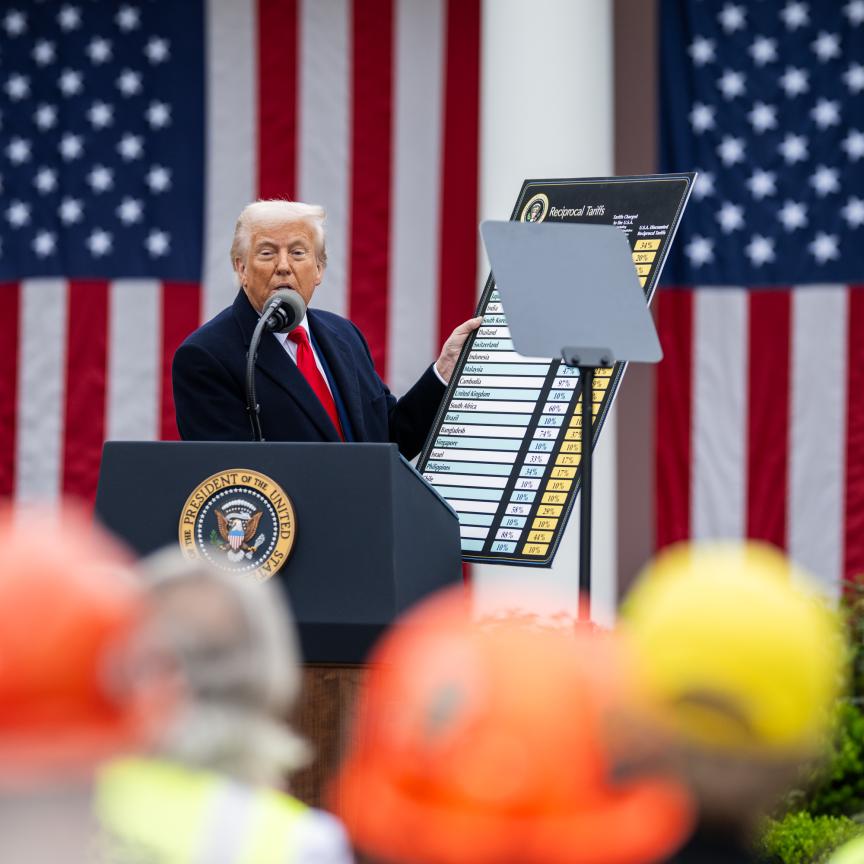Alphanov, the technology centre of Route des Lasers in France, is now a partner in two new European projects, demonstrating the centres’ speciality in the field of laser micro-machining and production of nanoparticles by laser ablation. One of the projects, Lashare, brings together 38 companies and research centres to develop new industrial laser systems. The other, Nano2Fun, is designed to train young scientists on two new two-photon techniques.
The Lashare project, which launched in 2013, involves 32 SMEs from across Europe and six of the most renowned laser research institutes. Its main objective is to share knowledge on laser-based equipment and its application by addressing the whole value chain end to end.
As a key success factor for European manufacturing, the transfer of innovative solutions from the laboratory into industrially robust products stands at the heart of the project. Lashare will also help the dissemination of the use of laser systems towards SMEs which are often confronted with the challenge of creating new manufacturing processes to facilitate efficient production.
Nanochemistry of molecular materials for two-photon functional applications (Nano2Fun) is an Initial Training Network (ITN) project funded by the European Commission, which commenced in September 2013 and will last for a duration of four years. The main aim of the project is the education of young scientists to develop two technologically relevant applications, namely two-photon microscopy (2PM) and two-photon polymerisation (2PP), that will have a high level of potential in bioimaging, biomedicine, and rapid prototyping techniques.
Nano2Fun consists of a coordinated effort of 16 world recognised research laboratories in the academic and private sectors located in 10 different countries. The teams have well-established expertise in the diverse and complementary research fields of molecular and supramolecular synthesis, advanced optical spectroscopy and photophysics, theory, and 2PM/2PP technological applications. A total of 12 early-stage researchers (PhD) and five experienced researchers (Post Doc) will be trained.


